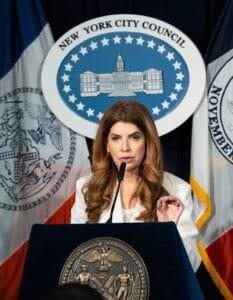EU pushes Mercosur trade deal despite French resistance
In a renewed effort to finalize a 25-year trade negotiation, the European Union (EU) and South America’s Mercosur bloc are eyeing the end of 2024 to secure an agreement that would establish the world’s largest free-trade zone.

In a renewed effort to finalize a 25-year trade negotiation, the European Union (EU) and South America’s Mercosur bloc are eyeing the end of 2024 to secure an agreement that would establish the world’s largest free-trade zone.
The proposed deal between the EU and the Mercosur countries—Brazil, Argentina, Paraguay, and Uruguay—faces strong opposition from France, where farmers are planning protests in Paris and Brussels, concerned the agreement could flood EU markets with cheaper agricultural imports.
Despite France’s objections, EU officials are keen to move forward. Spain and Germany are among the most vocal supporters, with Spanish Prime Minister Pedro Sánchez noting, “We are very close to concluding this agreement.” Meanwhile, German Chancellor Olaf Scholz has emphasized the need to “finalize negotiations quickly,” adding urgency to the process as European leaders aim to counter China’s growing economic influence in South America.
Also Read: Buffalo residents convicted in SNAP fraud, ordered to repay over $86,000
Argentina’s International Economic Relations Secretary Marcelo Cima echoed optimism from the Mercosur side, stating, “I see that both blocs are very interested in completing the remaining parts of the agreement… there is a very good atmosphere.” However, environmental concerns remain a significant hurdle, with France’s President Emmanuel Macron asserting in October that “the Mercosur deal, as it stands, is not acceptable” without stronger environmental protections.
As France seeks to form a blocking minority within the EU to halt the agreement, opposition is also mounting from European farmers who fear competition from Mercosur products that do not meet EU food safety standards. Copa-Cogeca, a major European agricultural group, criticized proposals to compensate farmers affected by the deal, calling it a “fake quick fix.”
The geopolitical stakes are high, as newly appointed EU diplomat Kaja Kallas warned that abandoning the agreement could leave a void “really filled by China.” With key summits scheduled for November and December, European and South American leaders face a crucial countdown to either secure or derail this landmark trade pact.












